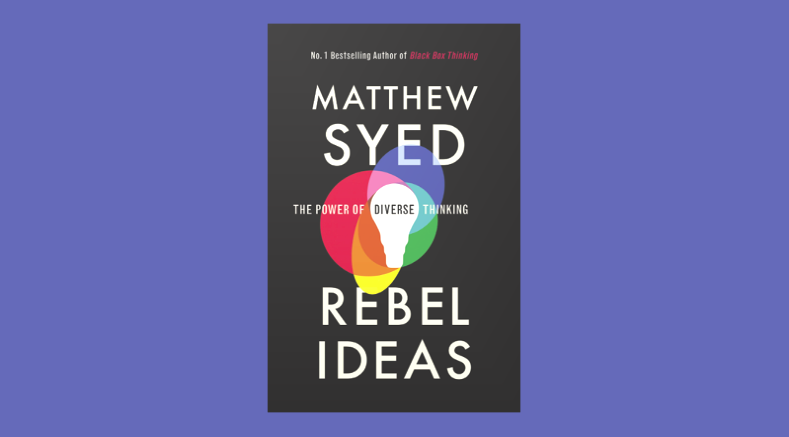A fresh look at the science of diversity proves to be a rich source of inspiration and gives much food for thought, writes Patrick Woodman
When it comes to inclusion there can be a tendency to focus on the personal: on the demographic markers we use to measure diversity, and on the attitudes of individuals towards diverse populations. Yet, as Matthew Syed makes clear in Rebel Ideas, the real genius of diversity lies in its effects at a systemic level.
A two-time Olympian and award-winning sports journalist, Syed is also a well-regarded business writer with a taste for social and behavioural science. His breadth shows in Rebel Ideas. Eye-catching case studies illustrate his main themes: the CIA’s failure to anticipate 9/11 illustrates how a lack of diversity creates “collective blindness”, while the 1996 Mount Everest climbing disaster shows the dangers of dominance dynamics and social hierarchy. Syed draws insights from social science experiments to show how our behaviour is shaped by powerful cultural norms – with profound implications for the success, or even survival, of our organizations.
Syed shows that most of today’s innovations are “recombinant” – based on creative combinations of existing ideas or technologies. He illustrates how intelligent individuals can combine as unintelligent teams, or “teams of clones”. By contrast, intelligent teams, or “teams of rebels”, develop collective intelligence by drawing on different cognitive abilities – so long as they share a common cause. It is from such teams that innovative “rebel ideas” are generated.
Spotting the opportunities for such ideas can take an outsider mindset (studies show that entrepreneurs are disproportionately from immigrant backgrounds), or, at least, conscious efforts to encourage the expression of diverse viewpoints. Syed points to Amazon’s practice of producing “good memos” that demand executives give detailed consideration to decisions before hearing what others think; similarly, the notion of ‘brainwriting’, as opposed to brainstorming, could help avoid the tendency for employees to close their mouths once they know what the boss thinks.
In the final chapter, Syed proposes that organizations seek to combat unconscious bias, utilize shadow boards as a way of “lifting the conceptual blinkers” that can affect established (and ageing) executives, and promote a giving attitude – but Rebel Ideas is not a practical manual. It is a fascinating guide to the power of diverse thinking, and a brilliant source of inspiration for leaders keen to create more inclusive cultures.

